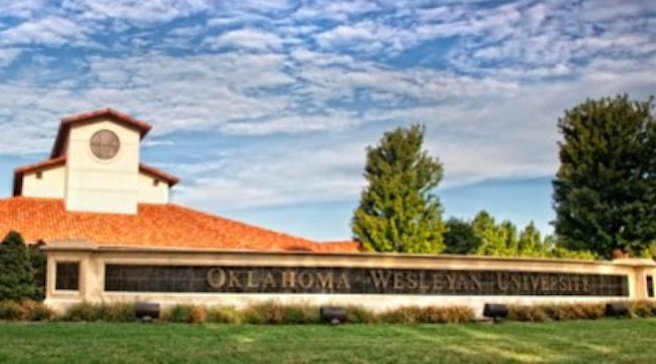By Lionel Shriver
I hate to disappoint you folks, but unless we stretch the topic to breaking point this address will not be about “community and belonging.” In fact, you have to hand it to this festival’s organisers: inviting a renowned iconoclast to speak about “community and belonging” is like expecting a great white shark to balance a beach ball on its nose.
The topic I had submitted instead was “fiction and identity politics,” which may sound on its face equally dreary.
But I’m afraid the bramble of thorny issues that cluster around “identity politics” has got all too interesting, particularly for people pursuing the occupation I share with many gathered in this hall: fiction writing. Taken to their logical conclusion, ideologies recently come into vogue challenge our right to write fiction at all. Meanwhile, the kind of fiction we are “allowed” to write is in danger of becoming so hedged, so circumscribed, so tippy-toe, that we’d indeed be better off not writing the anodyne drivel to begin with.
Let’s start with a tempest-in-a-teacup at Bowdoin College in Brunswick, Maine. Earlier this year, two students, both members of student government, threw a tequila-themed birthday party for a friend. The hosts provided attendees with miniature sombreros, which—the horror— numerous partygoers wore.
When photos of the party circulated on social media, campus-wide outrage ensued. Administrators sent multiple emails to the “culprits” threatening an investigation into an “act of ethnic stereotyping.” Partygoers were placed on “social probation,” while the two hosts were ejected from their dorm and later impeached. Bowdoin’s student newspaper decried the attendees’ lack of “basic empathy.”
The student government issued a “statement of solidarity” with “all the students who were injured and affected by the incident,” and demanded that administrators “create a safe space for those students who have been or feel specifically targeted.” The tequila party, the statement specified, was just the sort of occasion that “creates an environment where students of colour, particularly Latino, and especially Mexican, feel unsafe.” In sum, the party-favour hats constituted – wait for it – “cultural appropriation.”
Curiously, across my country Mexican restaurants, often owned and run by Mexicans, are festooned with sombreros – if perhaps not for long. At the UK’s University of East Anglia, the student union has banned a Mexican restaurant from giving out sombreros, deemed once more an act of “cultural appropriation” that was also racist.
Now, I am a little at a loss to explain what’s so insulting about a sombrero – a practical piece of headgear for a hot climate that keeps out the sun with a wide brim. My parents went to Mexico when I was small, and brought a sombrero back from their travels, the better for my brothers and I to unashamedly appropriatethe souvenir to play dress-up. For my part, as a German-American on both sides, I’m more than happy for anyone who doesn’t share my genetic pedigree to don a Tyrolean hat, pull on some leiderhosen, pour themselves a weisbier, and belt out the Hoffbrauhaus Song.
But what does this have to do with writing fiction? The moral of the sombrero scandals is clear: you’re not supposed to try on other people’s hats. Yet that’s what we’re paid to do, isn’t it? Step into other people’s shoes, and try on their hats.
In the latest ethos, which has spun well beyond college campuses in short order, any tradition, any experience, any costume, any way of doing and saying things, that is associated with a minority or disadvantaged group is ring-fenced: look-but-don’t-touch. Those who embrace a vast range of “identities” – ethnicities, nationalities, races, sexual and gender categories, classes of economic under-privilege and disability – are now encouraged to be possessive of their experience and to regard other peoples’ attempts to participate in their lives and traditions, either actively or imaginatively, as a form of theft.
Yet were their authors honouring the new rules against helping yourself to what doesn’t belong to you, we would not have Malcolm Lowry’s Under the Volcano. We wouldn’t have most of Graham Greene’s novels, many of which are set in what for the author were foreign countries, and which therefore have Real Foreigners in them, who speak and act like foreigners, too.
Read the whole speech at The Guardian




